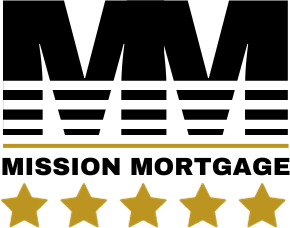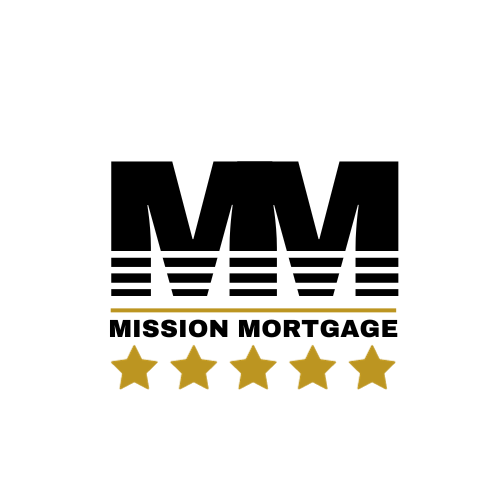Weighing Your Options: The Pros and Cons of 15-Year vs. 30-Year Mortgages
While there are many different options for securing a mortgage, among the most popular options are the 15-year and 30-year fixed-rate mortgages. Each has its unique advantages and disadvantages while impacting monthly payments, total interest paid, and financial flexibility. As always, working with a mortgage professional can help you make the choice that makes the most sense for your situation!
15-Year Mortgages
The Pros
Lower Interest Rates: Lenders often offer lower interest rates on 15-year mortgages compared to 30-year mortgages. This means you’ll pay less in interest over the life of the loan, saving you money in the long run and you will build more equity in your home faster.
Build Equity Faster: As mentioned, with a 15-year mortgage, you pay off your principal faster. This rapid principal reduction allows you to build home equity more quickly, which can be beneficial if you plan to sell or refinance in the future.
Less Interest Paid Overall: Because you’re borrowing the money for a shorter period, the total interest paid over the life of a 15-year loan is significantly less than that of a 30-year loan. This can amount to tens of thousands of dollars in savings.
Financial Discipline: Committing to higher monthly payments can help instill stronger financial discipline, helping you to budget better and manage your finances more effectively.
The Cons
Higher Monthly Payments: The most significant downside of a 15-year mortgage is the higher monthly payments. Since you’re paying the loan off in a reduced time period, the payment ends up being much higher.
Less Financial Flexibility: Higher monthly payments mean less disposable income for other investments, savings, or daily expenses. But, you are paying off your home faster and building equity faster.
Qualification Challenges: Not surprisingly, Due to the higher monthly payments, qualifying for a 15-year mortgage can be more challenging. Lenders may have stricter requirements for income and debt-to-income ratios.
30-Year Mortgages
The Pros
Lower Monthly Payments: The primary advantage of a 30-year mortgage is the lower monthly payments. Spreading the loan over 30 years reduces the monthly payment (similar to a 3-year vs. 5-year car loan), making it easier to manage your finances.
Greater Financial Flexibility: Lower monthly payments leave more room in your budget for other expenses, investments, or savings.
Easier Qualification: Since the payments are lower with a 30-year mortgage, it is often much easier to qualify for a mortgage. Lenders typically have easier requirements for income and debt-to-income ratios.
Potential for Investment: With more disposable income each month, you might have the opportunity to invest in other areas, such as stocks, retirement accounts, or additional real estate.
The Cons
Higher Interest Rates: Interest rates for 30-year mortgages are typically higher than those for 15-year mortgages. This means you’ll pay more in interest over the life of the loan.
Slower Equity Building: With a longer-term loan, you pay down the principal at a slower rate, which means it takes longer to build equity in your home.
More Interest Paid Overall: The extended loan term results in significantly more interest paid over the life of the loan - as mentioned above, it can lead to tens of thousands of dollars more in interest paid. Even with lower monthly payments, the total interest cost can be much higher compared to a 15-year mortgage.
Longer Commitment: Committing to a 30-year mortgage means a longer financial obligation.
Choosing between a 15-year and a 30-year mortgage depends on your financial situation, goals, and priorities. A 15-year mortgage offers significant savings on interest and quicker equity building but comes with higher monthly payments and less financial flexibility. On the other hand, a 30-year mortgage provides lower monthly payments and greater financial flexibility but results in higher overall interest costs and slower equity accumulation.
Carefully assess your financial health, future plans, and risk tolerance before deciding. Consulting with a financial advisor or mortgage professional can also provide personalized guidance, helping you choose the mortgage term that best fits your needs. Whether you opt for the shorter commitment and savings of a 15-year mortgage or the affordability and flexibility of a 30-year mortgage, understanding the pros and cons of each will empower you to make an informed decision on your path to homeownership.

